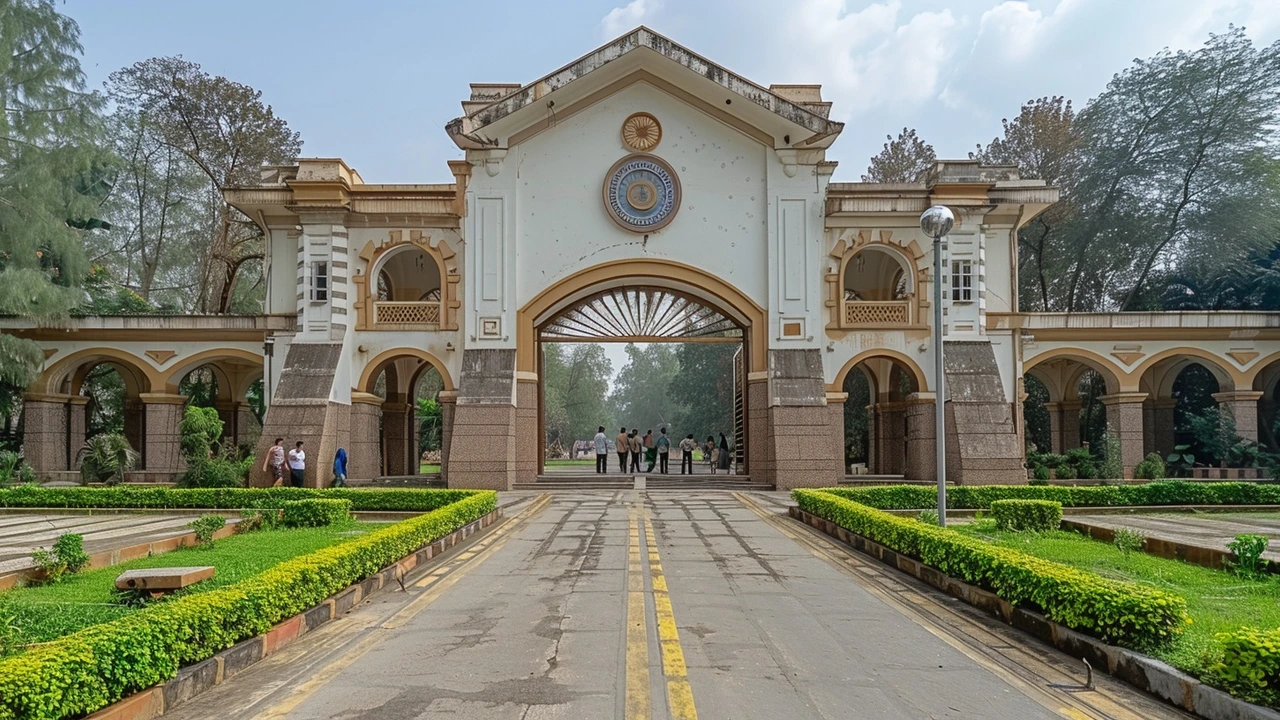Kogi State: Where the Niger and Benue Meet — Quick Guide
Kogi State sits where the Niger and Benue rivers meet. That confluence shapes its history, economy, and travel routes. Lokoja is the capital and a compact, walkable town with colonial buildings and river views. Kogi lies in central Nigeria and borders seven states, making it a regional crossroads for trade and travel.
People in Kogi are mainly Igala, Ebira and Okun (Yoruba). Each group keeps strong traditions. Expect colorful festivals, local markets, and music that blends drums and wind instruments. Food is hearty: pounded yam, soups, and river fish are common. English is widely used in towns, but local languages dominate villages.
What drives the economy? Agriculture is huge. Farmers grow cassava, yams, maize and rice. Fishing matters along the rivers. The state also has mineral resources — limestone, coal and glass sand — and growing interest in small-scale mining. Transport and trade along river routes and highways link Kogi to bigger markets in Lagos and Abuja.
Tourist spots are often outdoors. The Lokoja Promenade and the old colonial governor’s residence offer river views and history. Mount Patti provides panoramic views of the river junction and Lokoja town. If you like quiet nature, the Ajaokuta area and forest patches are worth a day trip. Pack mosquito repellent and light rain gear in the wet season.
Practical travel tips
Getting there: Lokoja is about 8–10 hours by road from Lagos and 3–4 hours from Abuja, depending on traffic. Major roads are improving but expect uneven stretches and occasional delays. There are bus services and private cars; river travel is possible for local routes but less common for long-distance trips.
Safety and health: Stay updated on local news before you travel. Carry basic medicines and a first-aid kit. Drink bottled water and avoid raw street salads. In towns, use official taxis or ride‑hailing apps where available. Keep valuables secure and ask locals about safe neighborhoods at night.
Business and investment
If you’re thinking of doing business, agriculture processing, fish farms and light manufacturing have clear demand. Land for farming is affordable compared with southern states. Local government offers incentives for agro‑projects and small industries. For mining, verify licenses and community agreements; corridor projects like Ajaokuta steel plans can open related opportunities.
Want a local contact? Start with state government offices in Lokoja and chambers of commerce. Network at local markets and agricultural cooperatives. Respect local customs and community leaders — that builds trust fast.
Best time to visit is the dry season, from November to March. Roads are easier and mosquitoes drop. Lokoja has guesthouses and a few midrange hotels; Ajaokuta and smaller towns have limited options, so book ahead. Mobile networks (MTN, Airtel, Glo) work well in towns but weaken in remote areas. In towns, tricycles and motorbikes are the quickest short‑distance option; agree prices before you ride safely.
Kogi isn’t flashy, but it’s strategic. The rivers, central location and mix of cultures make it practical for travel, trade and steady investment. Visit with an open mind and you’ll find useful opportunities and warm hospitality.
Kogi University Honors Slain Students with Three-Day Mourning Period
Confluence University of Science and Technology (CUSTECH) in Kogi State has declared a 3-day mourning period to honor two first-year students who were kidnapped and subsequently killed. The students were among 21 abducted while preparing for their exams. Efforts by security forces and community hunters were only partially successful, and the university community is deeply mourning the loss.
